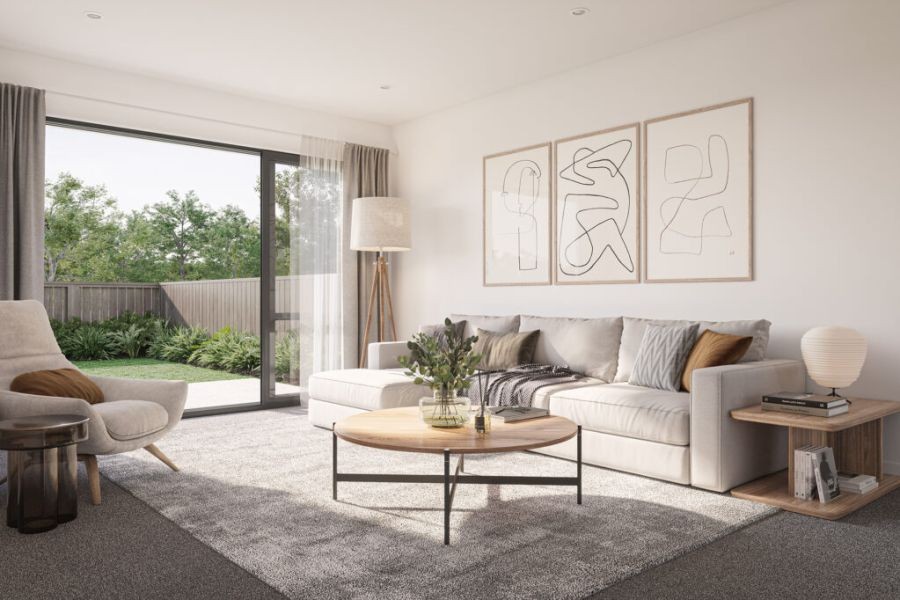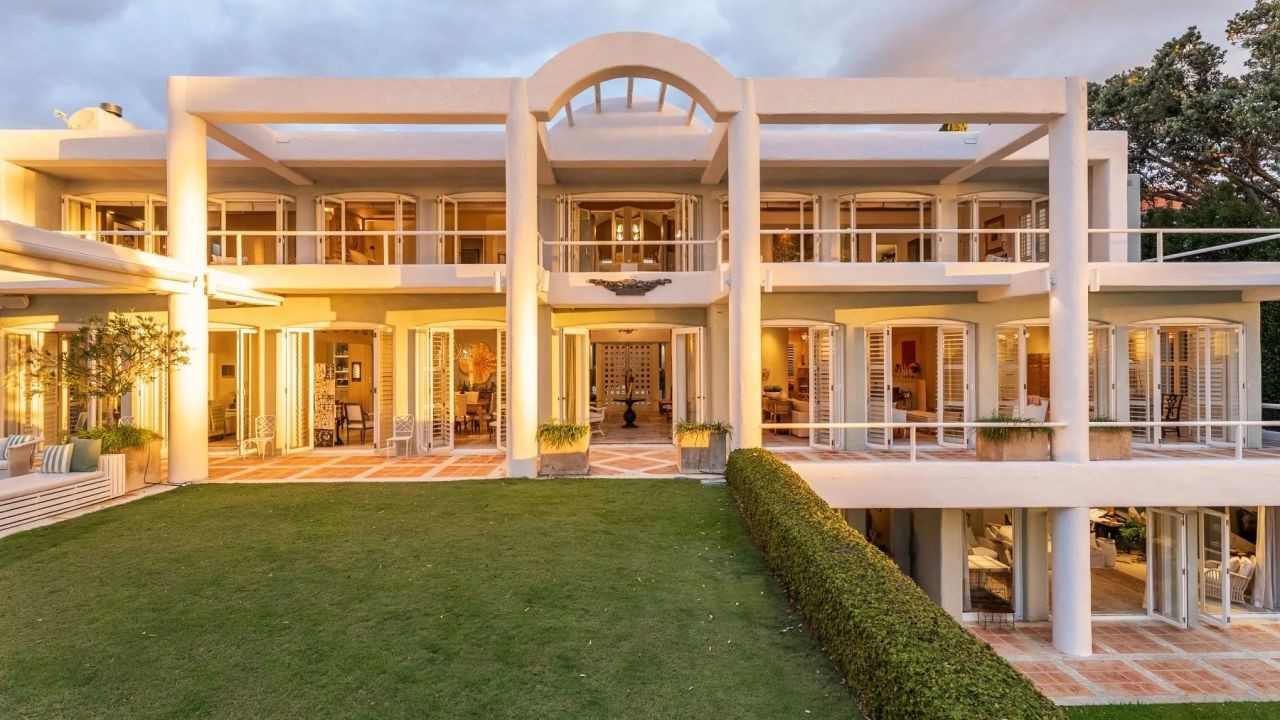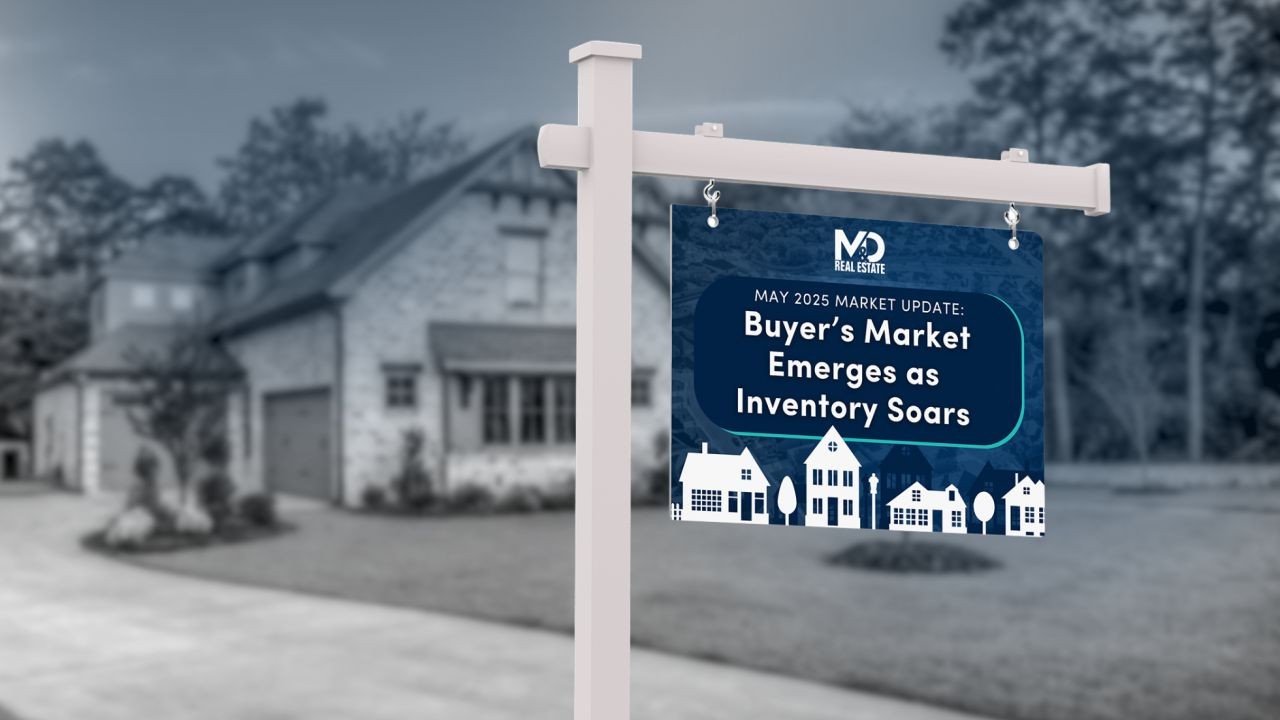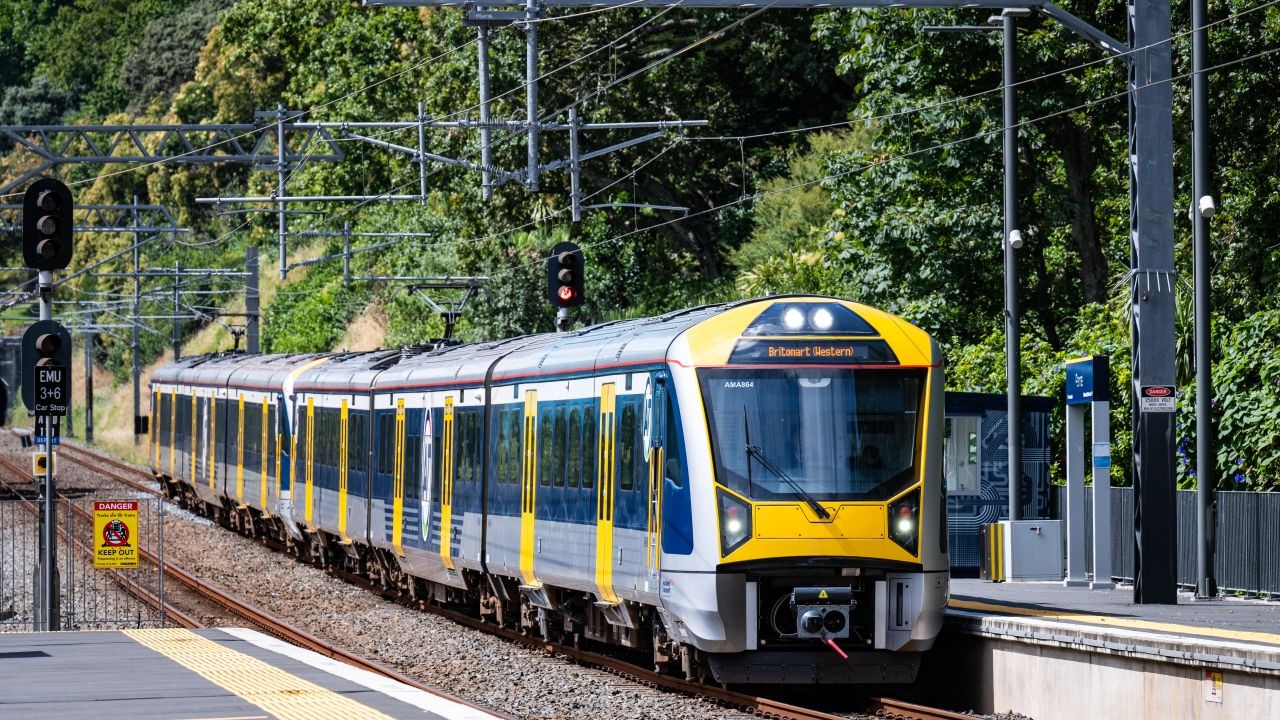In New Zealand's fast-paced real estate market, off-plan homes are rapidly gaining traction among first-time buyers. But why are they becoming an attractive option in today's housing landscape? As sustainability advocates, it's crucial to understand the nuanced benefits of off-plan homes, not only from a financial perspective but also considering their environmental and community impacts.
Understanding the Off-Plan Home Concept
Off-plan homes are properties purchased before they are built. Buyers commit based on architectural plans, often securing the property at a fixed price before construction starts. This approach allows first-time buyers to enter the property market with a strategic advantage.
1. Financial Affordability and Investment Potential
One of the primary advantages of purchasing an off-plan home is financial affordability. Buyers can lock in a price that could be significantly lower than the market value upon completion. Given New Zealand's rising property prices, this is a strategic move for first-time buyers aiming to build equity and gain investment returns. According to Stats NZ, property prices have surged by 27% since 2020, making early investments in off-plan properties potentially lucrative.
Case Study: Auckland's Suburban Developments
In Auckland, a city known for its skyrocketing property prices, off-plan developments in suburban areas have offered a lifeline for first-time buyers. A recent project in West Auckland saw prices increase by 15% from the initial offer to completion. Early buyers not only secured homes at a lower cost but also benefited from the appreciation in value - a testament to the financial potential of off-plan purchases.
2. Customization Opportunities
Off-plan homes offer buyers the unique opportunity to personalize their future home. From choosing the layout to selecting finishes, buyers are empowered to create a space that suits their lifestyle and preferences. This customization can be particularly appealing to sustainability advocates who prioritize eco-friendly materials and energy-efficient design.
3. Modern Amenities and Sustainable Living
New builds often incorporate modern amenities and sustainable technologies. Developers are increasingly prioritizing energy efficiency, integrating features like solar panels, rainwater harvesting systems, and energy-efficient appliances. For buyers in New Zealand, known for its commitment to sustainability, this aligns perfectly with national environmental policies and goals.
Case Study: Hobsonville Point's Eco-Friendly Initiative
Hobsonville Point, a prominent development in Auckland, emphasizes sustainability. The community implements green building practices and provides shared spaces that encourage community interaction. Residents benefit from lower utility bills and a reduced carbon footprint, aligning with New Zealand's sustainable living objectives.
4. Lower Maintenance Costs
Newly constructed homes typically require less maintenance than older properties. Off-plan buyers benefit from modern construction standards and warranties, reducing unexpected repair costs. According to the Ministry of Business, Innovation and Employment (MBIE), maintenance of older homes can cost upwards of 1% of the home's value annually, a significant saving for new builds.
5. Community Growth and Infrastructure Development
Off-plan developments are often part of larger community planning initiatives, including infrastructure improvements and community amenities. This not only enhances the quality of life but also contributes positively to property values. In New Zealand, such developments are crucial for accommodating the country's growing population while maintaining liveability standards.
6. Favorable Financing Options
Developers often offer favorable financing options for off-plan properties, including staggered payments and lower deposit requirements. This flexibility can ease the financial burden for first-time buyers, allowing them to better manage their finances and plan for future expenses.
Debunking Common Myths About Off-Plan Homes
- Myth: "Off-plan homes are riskier investments." Reality: While any investment poses risks, careful research and choosing reputable developers mitigate these concerns. New Zealand's regulatory framework also provides protections to ensure quality and completion.
- Myth: "Customization is limited." Reality: Many developers offer extensive customization options, allowing buyers to tailor their homes to personal and environmental preferences.
- Myth: "Off-plan homes take too long to build." Reality: While construction times vary, the wait can be advantageous, allowing buyers to save and prepare financially.
7. Potential for High Returns on Investment
Given the appreciation of property values in New Zealand, off-plan homes can offer high returns on investment. As urban areas expand, properties in newly developed suburbs often see significant growth, providing lucrative opportunities for first-time buyers.
8. Contribution to Sustainable Urban Development
Off-plan homes often contribute to sustainable urban development by promoting higher density living, reducing urban sprawl, and encouraging the use of public transport. These developments align with New Zealand's urban planning goals, fostering community cohesion and environmental stewardship.
Expert Insight: Future Trends in New Zealand's Housing Market
Dr. Jane Thompson, an urban development expert at the University of Auckland, predicts that off-plan developments will play a critical role in addressing New Zealand's housing shortage. She emphasizes the importance of sustainable building practices and notes that government incentives for green building initiatives will likely increase in the coming years.
Biggest Mistakes to Avoid When Buying Off-Plan
- Not Researching the Developer: Ensure the developer has a proven track record of delivering quality projects on time.
- Ignoring Market Trends: Understand the local market dynamics to ensure your investment aligns with growth areas.
- Overlooking Financing Details: Review all financing terms carefully to avoid unexpected costs.
Final Takeaways
- Fact: Off-plan homes offer a strategic entry into New Zealand's competitive property market.
- Strategy: Prioritize developments with sustainable features for long-term savings.
- Mistake to Avoid: Neglecting due diligence on developers and project feasibility.
- Pro Tip: Leverage government incentives for first-time buyers to maximize financial benefits.
Conclusion
Off-plan homes present a viable and strategic option for first-time buyers in New Zealand, aligned with financial, environmental, and community goals. As the country continues to embrace sustainable urban development, these homes offer a pathway to both personal and environmental growth. If you're considering an off-plan investment, start by researching developers and understanding the local market. What are your thoughts on this emerging trend? Share your insights below!
People Also Ask (FAQ)
- How do off-plan homes impact New Zealand's housing market?Off-plan homes contribute to increasing housing supply and can stabilize property prices by meeting demand in urban areas.
- What are the risks associated with buying off-plan homes?Risks include construction delays and developer insolvency, which can be mitigated by choosing reputable developers and understanding contract terms.
- Are off-plan homes more sustainable?Many off-plan homes include sustainable features such as energy-efficient appliances and green building materials, aligning with New Zealand's eco-friendly initiatives.
Related Search Queries
- Off-plan homes in New Zealand
- Sustainable housing developments NZ
- First-time buyer tips NZ
- Financing off-plan homes NZ
- Eco-friendly home features
- New Zealand property investment strategies
- Urban development trends NZ
- Benefits of buying off-plan
- Customization in new builds
- Risks of off-plan property investment
































GuadalupeL
10 months ago